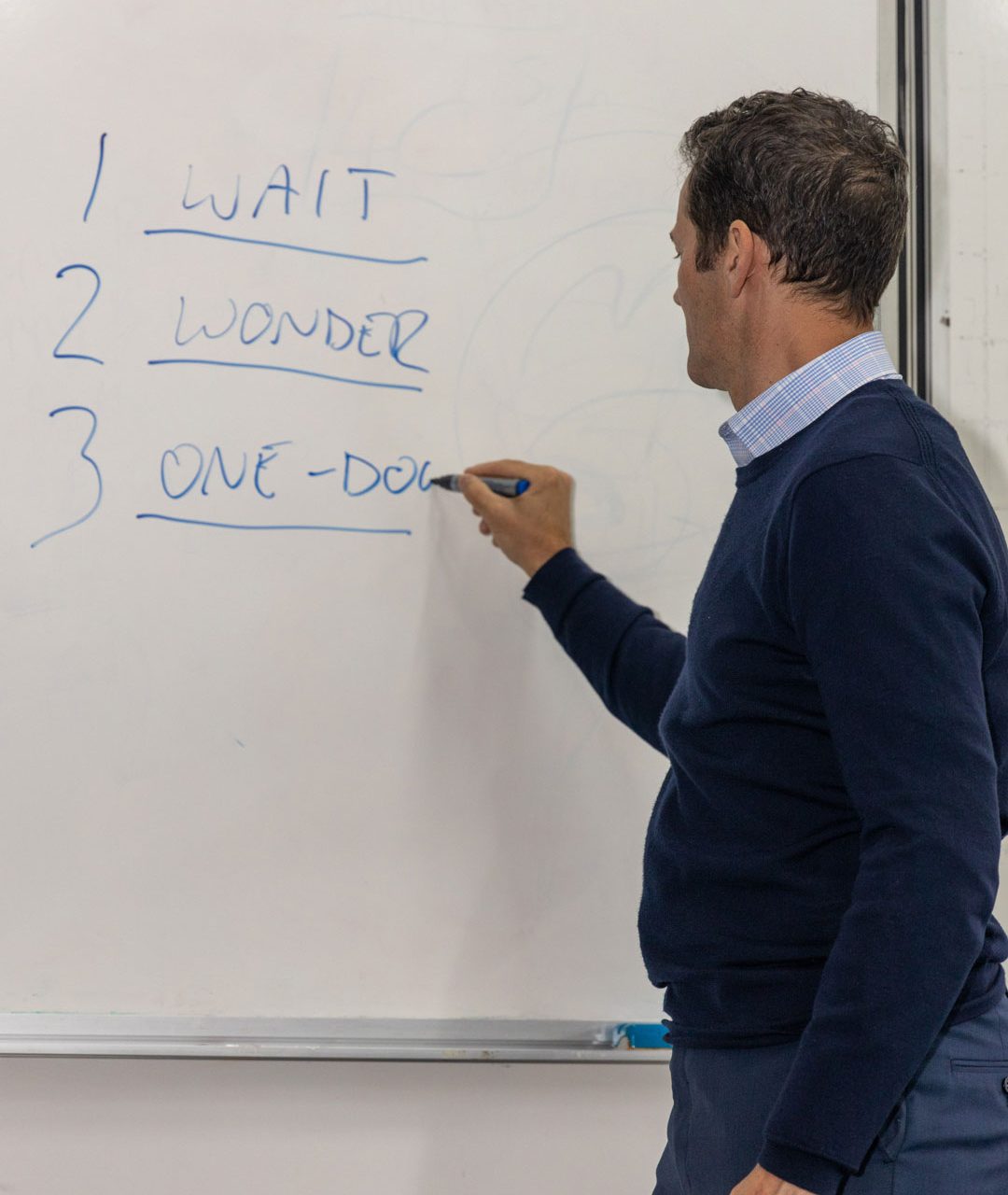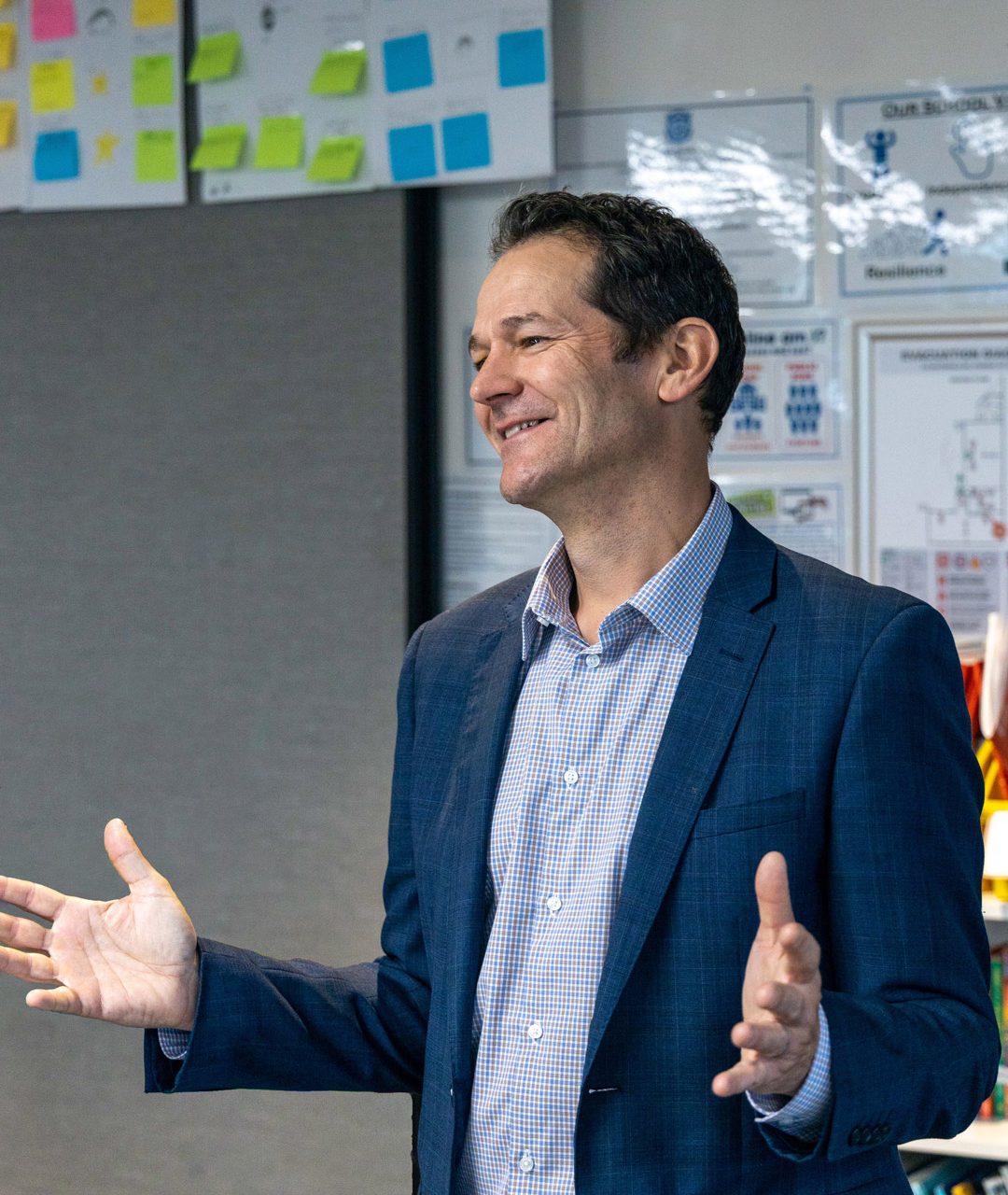When You’re The Adult in the Room


Using attachment theories, grief and disappointment concepts, neuroscience insights, and moral development ideas, he provides a variety of simple strategies that work to deal with unwanted events and help to change unwanted patterns. With easy-to-understand language, simple to remember approaches, and examples from real classrooms, When You’re the Adult in the Room is essential reading for all new teachers, and will benefit experienced educators who want to add to their understanding and confidence.
Content



How Andrew can assist in your school?
The missing piece to managing strong emotions and tricky behaviours is understanding them. Strategies are important, but understanding emotions and behaviours in relationships is invaluable to staying cool, calm and connected as you respond to them.
“I get it and I’ve got it”
Using theory combined with two decades of clinical experience, Dr Wake presents in easy-to-understand language and simple-to-implement approaches what it helps to know and what it helps to do when you’re the adult in the room.
“We’re on the same page”
Get on the same page with leadership, teachers, and parents, and be able to calmly and confidently talk to others and share your approach when dealing with challenging students.
Andrew provides a variety of options for schools
– 1 hour talks on a variety of topics
– Half day seminars mixing basic theory with practical strategies
– Full day seminars covering the entire approach as described in his book
– 90-minute parent talks to help the parents understand how they can back up their child’s teachers
– Option of one-hour follow-up sessions, Q+As
Why invite Dr Wake to speak to your teaching staff
– Experienced clinician and author of the book for teachers “When You’re The Adult In The Room”
– 20 years of working with teachers to get practical outcomes with challenging students
– Flexible, tailored talks from one-hour to whole-day seminars
– Sessions / webinars for parents to complement the approach
– Assist unity and communication between leadership, teachers and parents
– Teacher confidence from having tailored plans based on understanding, and not just strategies.
Topics that can be covered
– Attachment Theory to explain relationship patterns
– Grief and disappointment to help explain emotions
– Neuroscience ideas and the benefit of tailoring your approach accordingly
– The 4-stage plan; “support when you can, save when you must”.
– Moral development, especially authority
– Understanding factors influencing motivation and discipline
– Boundary ruptures and how to best repair these
– Explanation about specific developmental difficulties and disorders

Hear From Course Participants




